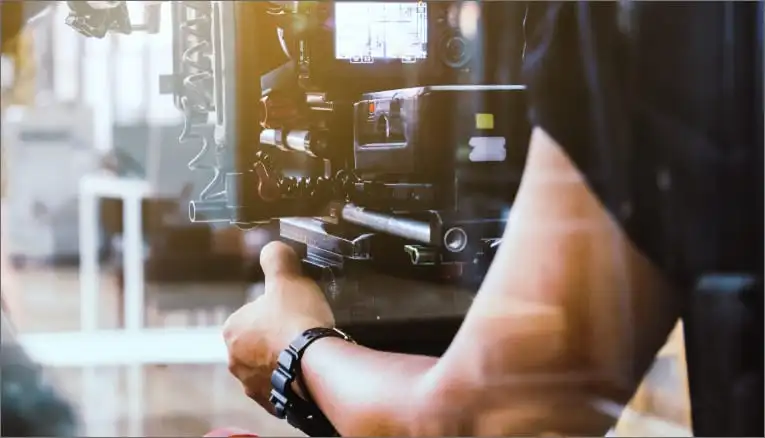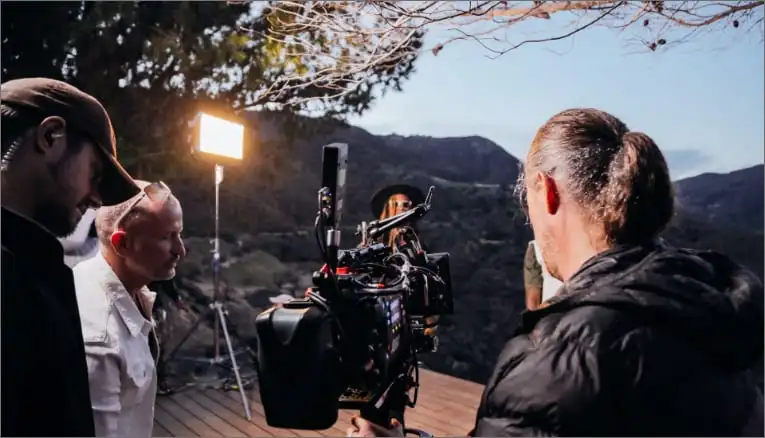Education and Career Insights to Thrive as a TV Researcher
As the media industry continues to grow, so does the demand for TV researchers. TV researchers are responsible for finding and gathering information for television programs and documentaries. This job requires a combination of research skills, creativity, and knowledge of the media industry. In this article, we will explore what it takes to become a TV researcher, the skills needed for the job, and the education and career prospects in this field.
As the media industry continues to grow, so does the demand for TV researchers. TV researchers are responsible for finding and gathering information for television programs and documentaries. This job requires a combination of research skills, creativity, and knowledge of the media industry. In this article, we will explore what it takes to become a TV researcher, the skills needed for the job, and the education and career prospects in this field.
What Does a TV Researcher Do?
A TV researcher is responsible for researching and gathering information for television programs and documentaries. They are tasked with finding interesting and relevant stories, conducting interviews, and gathering footage for television shows. They work with producers, writers, and directors to ensure that the content is accurate and engaging.
Some of the key responsibilities of a TV researcher include:
- Conducting research on a variety of topics
- Finding and verifying information
- Conducting interviews with experts and sources
- Developing story ideas and pitches
- Collaborating with producers and writers
- Finding and securing footage for television programs
Skills Needed for a Career in TV Research
To succeed as a TV researcher, you need a combination of **research skills, creativity**, and knowledge of the media industry. Some of the key skills needed for this job include:
- Research skills: A TV researcher needs to be skilled at conducting research, analyzing data, and finding information that is relevant and accurate.
- Creativity: A TV researcher needs to be creative in developing story ideas and pitches that will be engaging and interesting to viewers.
- Communication skills: A TV researcher needs to be able to communicate effectively with producers, writers, and other members of the production team.
- Attention to detail: A TV researcher needs to be detail-oriented and able to spot inconsistencies and errors in information.
- Time management skills: A TV researcher needs to be able to manage their time effectively to meet deadlines and work efficiently.
- Knowledge of the media industry: A TV researcher needs to have a good understanding of the media industry, including trends, audience preferences, and production processes.
Education and Career Prospects
To become a TV researcher, you typically need a bachelor’s degree in a related field such as journalism, communications, or media studies. Some employers may require a master’s degree or relevant work experience.
There are many different career paths for TV researchers, including working for television networks, production companies, and documentary film companies. You can also work as a freelance researcher or start your own production company.
According to the Bureau of Labor Statistics, the median annual salary for film and video editors and camera operators was $58,210 in May 2020. The job outlook for this field is expected to grow by 18% between 2020 and 2030, which is much faster than the average for all occupations.
Key Takeaways
- TV researchers are responsible for researching and gathering information for television programs and documentaries, ensuring that content is accurate and engaging. Their tasks include conducting research on various topics, finding and verifying information, conducting interviews, developing story ideas, and collaborating with producers and writers.
- To thrive as a TV researcher, a combination of research skills, creativity, and knowledge of the media industry is required. This includes strong communication skills, attention to detail, time management skills, and an ability to spot inconsistencies and errors in information.
- Typically, a bachelor’s degree in a related field such as journalism, communications, or media studies is needed to become a TV researcher. Some employers may require a master’s degree or relevant work experience.
- There are diverse career paths for TV researchers, which can include working for television networks, production companies, and documentary film companies. There’s also the option to work as a freelance researcher or start your own production company.
- As of May 2020, the median annual salary for film and video editors and camera operators was $58,210. The field’s job outlook is expected to grow by 18% between 2020 and 2030, much faster than the average for all occupations.
If you are interested in pursuing a career as a TV researcher, consider taking the NYU Film and TV Industry Essentials online course and certificate program offered by Yellowbrick. This program is designed to provide students with a comprehensive understanding of the film and television industry, including the skills needed to succeed as a researcher. With this program, you can gain the knowledge and skills needed to succeed in this exciting and dynamic field.








